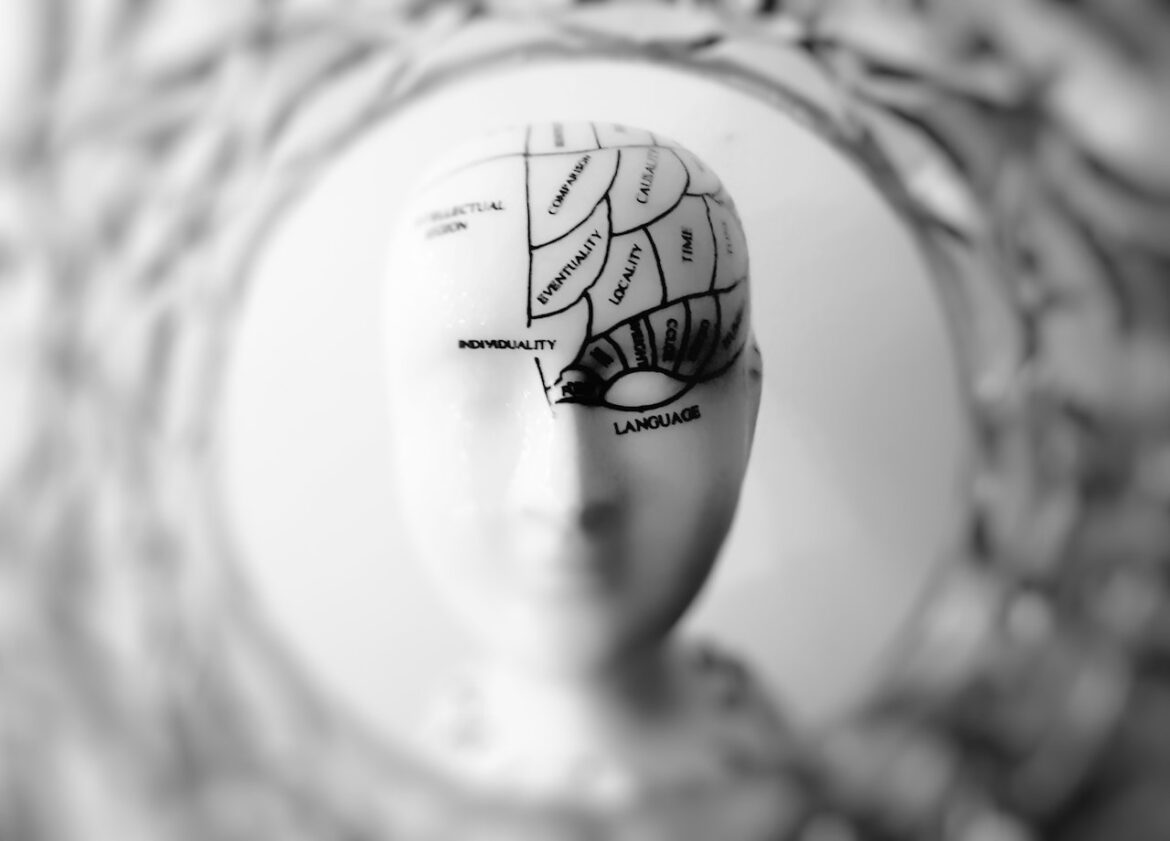Mental clarity and focus are crucial for productivity, decision making, and overall well-being. When our minds are clear and focused, we can concentrate on tasks at hand without being distracted by unnecessary thoughts or external stimuli. This allows us to work more efficiently, make better decisions, and reduce the likelihood of errors.
To increasing productivity and reducing errors, mental clarity and focus also benefit our overall well-being. Clear thinking can help us manage stress more effectively by enabling us to identify the root cause of our stressors and develop effective coping mechanisms. Focused attention improves memory retention, which is important for learning new information or skills.
Importance of oxygen in brain function
The brain is the most energy-demanding organ in the body, requiring a constant supply of oxygen and nutrients to function properly. Oxygen is vital for generating the energy required by brain cells to perform their tasks. Without sufficient oxygen, brain cells can quickly become damaged or die off, leading to memory loss, poor cognitive function, and other neurological disorders.
When activity levels increase in a particular region of the brain, blood vessels dilate to allow more oxygen-rich blood to flow into that area. This increased blood flow helps neurons fire more efficiently and improves overall cognitive performance. Many people do not get enough oxygen to their brains due to poor breathing habits or environmental factors like pollution. To ensure optimal brain function and mental clarity throughout the day, it’s important to practice deep breathing exercises regularly and spend time in fresh air whenever possible.
Deep breathing techniques
Deep breathing techniques have been proven to increase oxygen flow to the brain and improve mental clarity and focus. One effective technique is called diaphragmatic breathing, which involves taking slow, deep breaths that expand the belly rather than just the chest. This type of breathing stimulates the vagus nerve, which helps reduce stress and anxiety.
Another technique is called alternate nostril breathing, where one nostril is closed while inhaling through the other. This method has been shown to balance both hemispheres of the brain and promote relaxation. Box breathing is yet another technique where you inhale for a count of four, hold for four counts, exhale for four counts, then hold again for four counts before repeating.
Incorporating these simple deep breathing techniques into your daily routine can lead to increased mental clarity and focus by providing your brain with much-needed oxygenation. It also promotes relaxation by reducing stress levels in your body. So if you want to improve your mental health and wellbeing, give these techniques a try today.

Regular exercise
Regular exercise is one of the most important habits for achieving mental clarity and focus. Engaging in physical activity helps to increase blood flow and oxygenation throughout the body, including the brain. This increased oxygenation leads to improved cognitive function, memory retention, and overall mental well-being.
In addition to its physical benefits, regular exercise also has a profound impact on our emotional state. Exercise has been shown to reduce stress and anxiety levels by releasing endorphins into the body. These feel-good chemicals are responsible for boosting mood and promoting feelings of calmness and relaxation.
To reap these benefits, it’s recommended that individuals engage in at least 30 minutes of moderate-intensity exercise per day. This can include activities such as walking, running, cycling, swimming or participating in team sports. The key is consistency – making exercise a regular habit is essential for achieving optimal mental health outcomes.
Spending time in nature
Spending time in nature is a simple and effective way to oxygenate your brain and improve mental clarity and focus. Studies have shown that spending time surrounded by greenery can help reduce stress levels, lower blood pressure, and improve mood. Whether it’s taking a walk in the park, hiking through a forest, or simply sitting outside and enjoying the sunshine, spending even just a few minutes in nature each day can have significant benefits for your overall well-being.
One reason why being in nature has such an impact on our brains is due to the increased exposure to natural light. This helps regulate our circadian rhythm, which can affect sleep patterns and energy levels throughout the day. Additionally, being outdoors encourages physical activity and movement which further enhances cognitive function by increasing blood flow to the brain.
Incorporating spending time in nature into your daily routine doesn’t have to be difficult or time-consuming either. Simply taking breaks throughout the day to step outside for some fresh air or going for a short walk after meals can make all the difference when it comes to mental clarity and focus. So next time you’re feeling overwhelmed or need a break from work or screens, try stepping outside into nature as a way of oxygenating your brain.

Improved memory and concentration
One of the most common complaints people have is poor memory and concentration. Whether it’s forgetting a name or struggling to stay focused on a task, these issues can negatively impact daily life. Fortunately, there are simple habits that can be incorporated into daily routines to improve mental clarity and focus.
Firstly, getting enough sleep is essential for optimal brain function. Studies have shown that lack of sleep leads to decreased cognitive performance, including memory retention and attention span. Additionally, regular exercise has been linked to improved brain function by increasing blood flow and oxygenation to the brain.
Another habit that can lead to improved memory and concentration is practicing mindfulness meditation. This involves focusing on the present moment and being aware of thoughts without judgment or distraction. It has been found to increase gray matter in areas of the brain associated with learning and memory.
Overall, improving memory and concentration requires consistent effort in developing healthy habits for both physical and mental health. With dedication, individuals can experience significant improvements in their cognitive abilities leading to greater success in their personal lives as well as professional endeavors.
Discover the Healing Powers of Sesbania Punicea







Comments are closed.